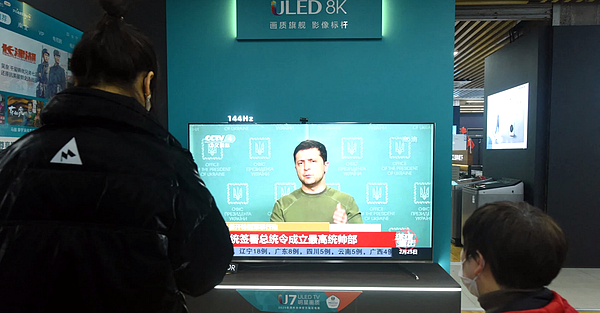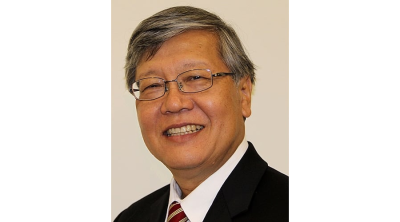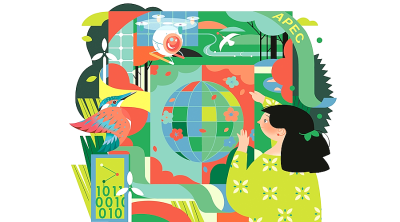BEIJING: As Western sanctions on Moscow mount following its invasion of Ukraine, Chinese media tells a story to domestic readers that avoids blaming Russia and portrays sympathy for President Vladimir Putin’s perspective.
Beijing has refused to support nor condemn its close ally Moscow, while blaming the United States and NATO’s “eastward expansion” for worsening tensions.
It is a view that reverberates across state newspapers and television — as well as social media — in China’s tightly controlled news environment.
When Putin announced an assault on Ukraine on February 24, China’s official Xinhua news agency maintained it was a “military operation” and Moscow had “no intent” of occupying Ukrainian territory.
Days later, state broadcaster CCTV echoed a false Russian claim that Ukrainian President Volodymyr Zelensky had left Kyiv — a story quickly repeated by other domestic outlets.
Some Chinese reports also state that there has been a surge of “neo-Nazi” ideology among the Ukrainian army and people, a claim supported by Putin.
A directive to a state-affiliated outlet, circulating online last month, appeared to instruct that posts unfavourable to Russia or containing pro-Western content should not be published.
State media reports on Ukraine avoid terms like “invasion”, instead describing the situation as a “conflict” or “fighting”.
“This is not a struggle to find the right message,” Justyna Szczudlik, China analyst at the Polish Institute of International Affairs, told AFP.
“China purposely uses very vague language,” she added, noting that this was to reduce diplomatic risks in its relations with Western countries.
Officials, too, have rebuffed the term “invasion” when questioned by foreign journalists — accusing them of biased reporting — while giving the contradictory statements that China respects every country’s sovereignty but won’t take sides.

Censorship and nationalism
A fierce condemnation of war at the opening of the Winter Paralympic Games in Beijing was not translated on Chinese TV.
And rights holders of the English Premier League did not air matches a weekend earlier in March, knowing players were expected to show solidarity with Ukraine.
Under the barrage of China’s support, netizens have been showing sympathy for Russia.
Pro-Putin hashtags have been allowed to proliferate on China’s Twitter-like Weibo, along with admiring comments about how daring he is and calls for Ukrainians to surrender.
In contrast, articles about state media embracing Russian propaganda were removed as “false information”.
“As with every country, China… considers its own security interests above all else,” said Richard Ghiasy, an expert at the Hague Centre for Strategic Studies.
“In that security calculation, stable and predictable ties with Russia are absolutely pivotal,” he added.
Media outlets have also started explicitly pushing Russian conspiracy theories.
“There is no smoke without fire,” state-run tabloid Global Times wrote while repeating Russian claims that US-funded biological labs in Ukraine were experimenting with bat coronaviruses.
It didn’t report comments from Washington that the allegations were “outright lies” that have been debunked.
‘Exclusive’ access
Days before the invasion, Putin announced that Moscow recognized the independence of separatist regions Donetsk and Lugansk in eastern Ukraine and later justified the assault as a defence of the self-proclaimed republics.
Chinese-language Phoenix TV showed its Russia correspondent interviewing an officer about the progress of Russia’s “demilitarization” operation.
This media line persists despite official statements stressing the need to protect the “territorial integrity of all countries”.
As millions of people streamed out of war-torn Ukraine into European countries seeking safety, China published an “exclusive interview” with a rebel leader in Donetsk.
In the interview with state-run CGTN, Denis Pushilin was seen talking about “liberated areas” and claimed that the “vast majority of citizens want to be as close to Russia as possible”.
Beijing has also tried to portray itself as the measured middle-voice that could help with peace efforts.
China has upheld an “independent policy on Ukraine issue (and) develops ties with all sides to inject stability into the world,” the Global Times said Friday.
But Ghiasy believes China sees the invasion as an act of “defence” against an encroaching NATO that would undermine Russian security interests.
“It has taken a clear stance and tinkers little with that,” he said.
ADVERTISEMENT
ADVERTISEMENT








































